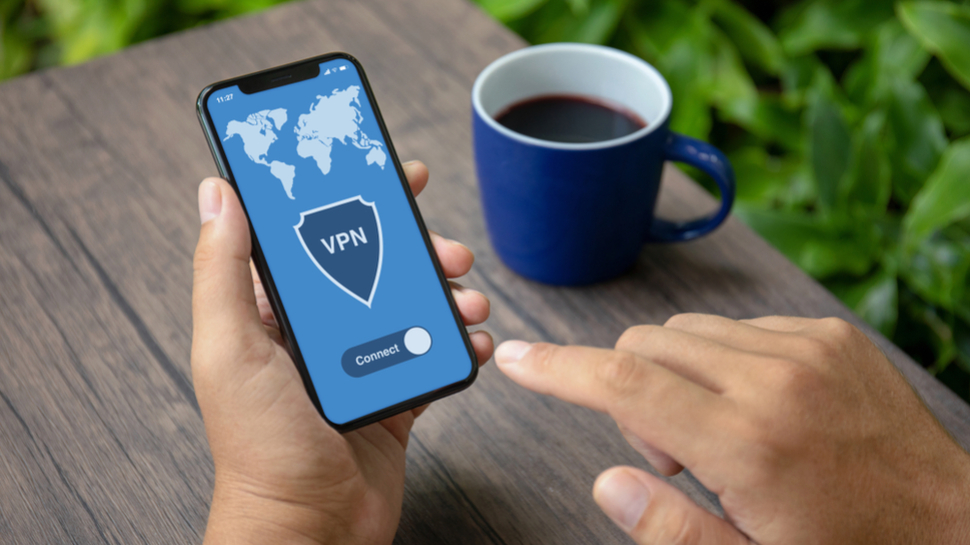Apple ordered to pay up for infringing on VPN patents
Apple has been ordered to pay $502.8 million in royalties to VirnetX

Apple has been ordered to pay $502.8 million in royalties to internet security firm VirnetX for infringing on its VPN patents in the latest development in a long-running legal battle between the two firms.
“We thank the jury for their time and appreciate their consideration but are disappointed with the verdict and plan to appeal,” an Apple statement read. “This case has been going on for over a decade, with patents that are unrelated to the core operations of our products and have been found to be invalid by the patent office. Cases like this only serve to stifle innovation and harm consumers.”
The Texas jury took about 90 minutes to come to a decision, where it was asked to determine how much Apple should pay VirnetX for the patent infringement. While VirnetX believed it was owed $700 million, Apple argued that it should only pay a royalty rate of 19 cents per unit, totalling $113 million. Ultimately, the jury decides on a price of 84 cents per unit, coming to $502.8 million overall.
- We've highlighted the best VPN services
- The best business VPN solutions
- Also, see our list of the best VPN services for Mac users
A long-running dispute
The legal contest between the two companies stretches back to 2010, when VirnetX first claimed that both Apple’s VPN on Demand and FaceTime solutions were built upon its own technology, originally developed for the CIA.
Apple reportedly paid VirnetX $454 million back in March as part of a court case involving earlier patents. The most recent court case involves patents relating to a newer version of Apple’s VPN on Demand and has already been partially overturned, requiring jurors to re-calibrate how much VirnetX was due in royalties.
The latest ruling may signal the end of this long-running dispute but, on the other hand, given Apple’s intention to appeal, it might not be the last we hear of it.
- Also, see our roundup of the best VPN routers available
Via 9to5Mac
Are you a pro? Subscribe to our newsletter
Sign up to the TechRadar Pro newsletter to get all the top news, opinion, features and guidance your business needs to succeed!
Barclay has been writing about technology for a decade, starting out as a freelancer with ITProPortal covering everything from London’s start-up scene to comparisons of the best cloud storage services. After that, he spent some time as the managing editor of an online outlet focusing on cloud computing, furthering his interest in virtualization, Big Data, and the Internet of Things.
